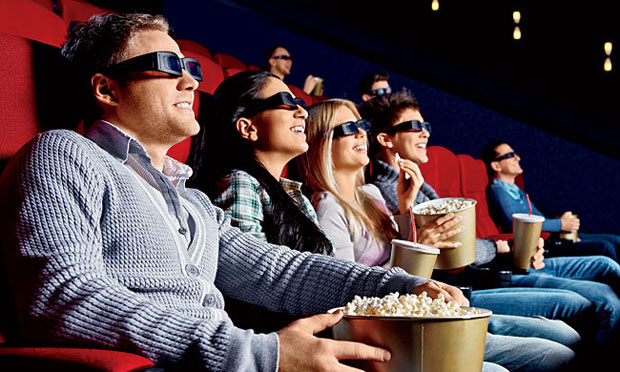Two friends tend to have more in common than two random individuals. But do friends shape our preferences in movies, music and books, or do we select friends who share our tastes? Past research was often not able to adequately track social relationships and tastes over a period of time. In the last few years, however, platforms such as Facebook have provided researchers with tools to investigate friendship dynamics over time.
A 2011 study from Harvard University and Santa Rosa Junior College published in the Proceedings of the National Academy of Sciences, “Social Selection and Peer Influence in an Online Social Network,” maps the homogeneity of social networks on Facebook. Researchers captured network and profile information from students at a U.S. college once a year between March 2006 and March 2009. They then classified students’ 100 most popular self-reported book, movie and music preferences, identified defining attributes of the students’ social networks, and then correlated these data to discover patterns related to tastes, friend selections and shared preferences.
Key study findings include:
- By far the greatest predictors of friendship are geographic, academic, and social proximity, or what the authors call “mere propinquity.” If two people live in the same building, the odds they will be friends increase significantly; the odds increase only slightly less substantially if they are in the same academic field.
- Students are somewhat more likely to become friends with people from their own socioeconomic or racial group. If two individuals have a single friend in common, they are only somewhat more likely to become friends.
- Students pick friends based on their tastes and do not typically form taste preferences based on friends’ choices. This result is particularly significant with social clusters that favor lite/classic rock or classical/jazz; these students “display a significant tendency to form and maintain friendships with others who express tastes in the same cluster.”
- Fans of dark satire or raunchy comedy/gore movies also tend to self-segregate and are “significantly more likely than chance to become and remain friends.”
- An exception to this finding is the classical/jazz music cluster; an individual with Facebook friends who prefer this genre is significantly more likely to gain a taste for that type of music himself than a student who has no such friends.
The authors conclude: “The social impact of a taste may depend first on its medium (e.g., tastes in music and in movies appear to be more consequential than tastes in books), and second on the particular content of the preference.” They add, “notably, tastes shared by ‘everyone’ may be so banal that they no longer serve as effective markers of social differentiation.”
Tags: Facebook, Twitter


Expert Commentary